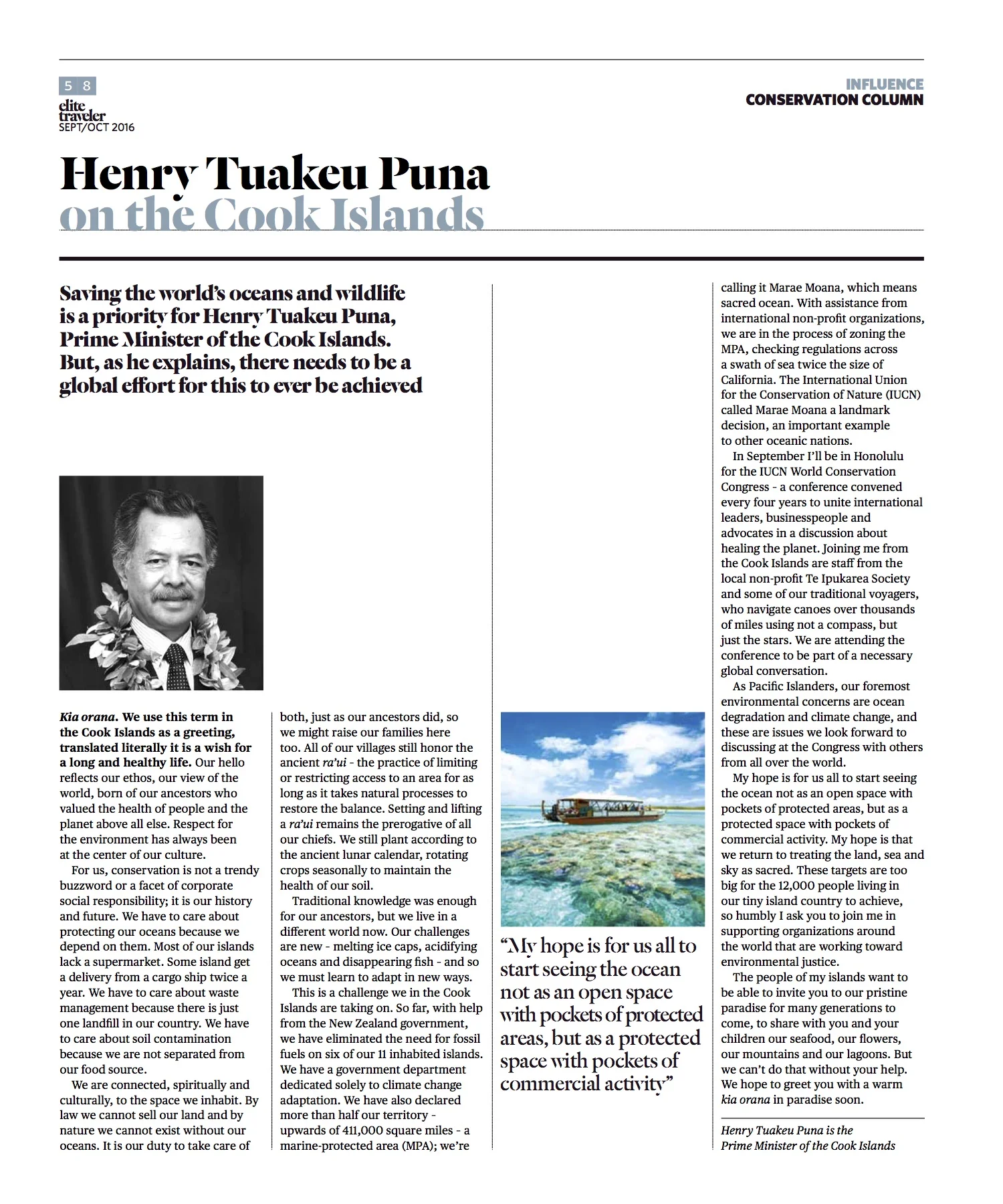An obituary for my friend Sean
Photo courtesy of Janna Denhart
Appeared in Easy Reader News
There’s a #9 on the pitcher’s mound at Seahawk Stadium.
It’s a salute to Sean Denhart, a proud Redondo local who spent some of his most treasured moments there, on that diamond. He died suddenly of heart failure on Dec. 30, two months after the Dodgers won the World Series. He was 32 years old.
When Denhart would drive past the baseball field on Prospect and Vincent with Taylor McBride, his girlfriend of five years, he’d proudly point it out. “Babe,” he’d say, “there’s my office.” She teased him every time, about being in his thirties and reveling in the days of glory, when he was a star pitcher on Redondo Union High School’s varsity team and known in the South Bay for throwing a fastball 94 miles per hour. Her sarcasm was affectionate, as theirs mostly was.
Beneath it, she knew what everyone in his life knew: Denhart loved baseball. His crystal-blue eyes lit up when he talked about it. He seemed to grow taller when he boasted about the Little League teams he coached. He loved the game the way he loved his friends, the Miami Dolphins, his mom, and his grandma: with everything he had.
“He just had the biggest heart,” said close friend Sean Rommero, half of the duo known as The Seans.
Denhart, who looked boyish no matter the length and fullness of the dark beard he often wore, approached life and relationships the way he approached an inning. He was all in. If he decided to do something, he didn’t do it with half a heart.
“Whatever he did,” said Jake Bronstein, another close friend, “he locked in.”
He didn’t just love sunsets; he posted one on his Instagram story every night. He didn’t just love reggae and underground hip-hop; he listened to both with religious devotion. He didn’t just love sports; he watched every game an L.A. team played, placed bets in fantasy leagues, and collected merchandise from all baseball teams, including the ones in the D-leagues. He didn’t just love the people in his life; he was proud of them, he celebrated them, he showed them off. He let them know he loved them.
“Everybody loved him, and he loved everybody,” McBride said. “He was the kind of guy who could walk into a room and everybody would be just jazzed to see him.”
‘A freaky thing’
When he was a sophomore at Redondo Union High, Denhart pitched a no-hitter.
People who don’t play baseball might miss the significance of this. A pitcher pulls off a no-hitter when no batter reaches base on a hit during an entire game. Since 1876, only 305 have been thrown in Major League Baseball, about two a year. There are pitchers in the Hall of Fame who never threw one. Duane Decker wrote in his book, Switch Hitter, that a no-hitter is so rare as to be “a freaky thing.”
Cole Butler, now the assistant coach for the high school’s varsity team, was Denhart’s catcher during that game.
“I don’t know how many no-hitters there have been at Redondo, but Sean has one of them,” he said. “I still remember it. That’s something special. No-hitters are rare. Pretty cool to say you caught that. It means a whole lot to be part of that.”
Tim Ammentorp, Denhart’s coach at Redondo, described him as a quiet and “very competitive” athlete who possessed “the confidence that he could get the job done in any situation.”
“He was good in tough situations,” Ammentorp said.
In baseball, Denhart was transformed.
“He’d get so fired up when he hit a home run,” Bronstein said. “He’d talk sh#t as he was running around the bases. Off the field, he was so nice, but on the field he was so competitive.”
After high school, Denhart played ball at Harbor College. He remained connected to the game by coaching at Redondo Beach Little League and giving private lessons until coronavirus-related restrictions took both away from him. He’d post photos of his team on Instagram, referring to the middle schoolers as his squad. He’d take his squad out for pizza.
Even when his team wasn’t playing, he’d show up at games and sit in the stands. He’d study the strengths and weaknesses in opponents.
“He would get so geared up just to coach these kids, even if they were the worst team,” McBride said. “And he always made it a point to take the underdog of the team and give that kid extra time.”
Coaching allowed him to connect with kids he saw himself in. Baseball had been a refuge for him, and he wanted to provide that for them, too. The last text he sent to his mom was something he had copied and pasted from the internet, and it began: “When you cancel sports, you cancel relationships. When you cancel sports, you cancel connection.” Coaching also allowed him proximity to the magic of the game.
Until the coronavirus became a pandemic, Bronstein and Denhart played in an adult softball league together. Bronstein remembers one game in particular, when Denhart was out of shape and nursing a knee injury. He still had the confidence that he could get the job done in any situation.
“We were down and he pulled the ball down the line and hit a homerun,” Bronstein recalled. “And he was trying to run with a bad knee. It was hilarious to see he still had it. He got us three runs that night. He was great at baseball. He was so good at baseball.”
LA’s #1 Dolphins fan
Denhart was born in Miami on March 6, 1988, the year the Dodgers won their penultimate World Series. He was a happy, easy baby who found it side-splittingly funny to throw his grandma’s glasses across the room. When he was a child, his mom, Janna, would turn the music up loud and they’d dance together in the living room, and laugh. Denhart spent a large part of his life making his mom laugh.
Early on, she noticed his competitive nature. They spent hours playing his favorite game, which involved her trying to tag him before he could slide into a makeshift base. In elementary school, he tried out six times for an elite singing group called Chamber Singers, and only told her after he had been accepted.
When Denhart was 10, he and Janna moved to Redondo Beach to live with her parents, Jackie and Roger. The boy gave his grandfather, who struggled with ill health, a new lease on life.
Roger, whom Denhart called Papa, set up a tab at Phanny’s for his grandson. He signed him up for swim lessons and bought him a pair of bright-blue Speedos so he could try out to become a Junior Lifeguard; when Denhart passed the swim test, Papa cried. The first time they went golfing at Sea Aire, Denhart got a hole-in-one.
“My dad was astounded,” Janna said, “and I think a tad miffed.”
Papa and Janna’s brother died when Denhart was young. He’d always been close with his mom and grandma, but the losses bound them even tighter. He became the man of the house. He performed his role with patience and a nurturing spirit.
“If I was struggling he would always say, ‘Mom, I think you’re being a little too hard on yourself,’” Janna said. In life, as in baseball, Denhart was good in tough situations.
Bronstein remembers when Denhart was the new kid at Alta Vista. He wore tight jeans, which offered a reason to tease him, but he soon proved he was better at baseball than everyone else, which canceled out the reason.
“I was always competing against him even though he didn’t know I was,” Bronstein said. “He was the person you wanted to compete against. Everything he did, he was better at.”
He was an intense kid; when he played tag at recess, he gritted his teeth, put his head down, and charged. He was also funny, in a quick-witted kind of way. He gave everyone he knew a nickname. He quietly produced hilarious one-liners but didn’t take credit for them. Rommero, who was voted class clown in high school, calls Denhart his best joke writer. Denhart would mutter something funny, Rommero would repeat it, but louder, and everyone would laugh.
“He was just himself and people laughed,” said Mirko Antich, a friend Denhart called “little brother.” “He wasn’t loud or looking for attention. He was just being himself.”
Many of Denhart’s friends remember him as the guy who took them under his wing when they were new in town. Trevor Bercier recalls moving to Redondo Beach in middle school and feeling like a fish out of water until he met Denhart.
“I wasn’t into surfing or really a ‘beach’ guy at all, and being the new guy in a beach city made it tough for me to relate to a lot of people,” Bercier said. “But he recognized that and actually took the time to learn about the things I was into. I wasn’t the loudest or a very outspoken person at all, but he’d always hype me up to anyone he introduced me to. He made me feel cool and helped me become one of the boys.”
Casey Bennett remembers eating lunch alone during his freshman year of high school after moving to Redondo from Torrance.
“Denhart was like, come hang out with us in Freshman Circle,” Bennett said. “I didn’t know a single person. I was nervous because he was with the cool kids. But he brought me into that circle, and now those are my friends for life.”
“He made everybody feel welcome,” said Andre Szyja, a friend since high school who lived with Denhart in recent years. “Unless you were from PV,” he joked, and laughed.
From adolescence, Denhart’s striking blue eyes and dark hair made him popular with the opposite sex. He was the rare kind of guy who got the home runs and the girls, but wasn’t bitterly envied.
“No one didn’t like him,” Butler said. “I never heard of anyone beefin’ with Sean.”
Denhart had a passion for living that mirrored his passion for baseball. He seemed to be always coordinating gatherings of large groups. He loved to have a good time, whether that meant bombing hills on skateboards or indulging a dare to trick-or-treat in July as a grown adult. He told outlandish stories. His friends compare him to the father in Tim Burton’s Big Fish who told stories his kids doubted were true, until he died and all the fantastical characters from his tales showed up at his funeral.
“Sean just had this energy about him,” Bennett said. “Such a big presence.”
This energy endeared him to many. Denhart was widely known in the South Bay, having worked as a bartender at popular joints like Naja’s and Barnacle’s, places he could earn money while watching sports.
“There was never a time when you had to introduce Sean to someone,” Szyja said. “It was always the other way around.”
Raised by women
In 2015, Denhart met a cute blonde who liked baseball.
He’d show up at Pitcher House in Redondo Beach, where McBride was bartending, to watch a game and drink a Bud Light. For weeks, he asked her for her number. She refused to give it to him. Mutual friends noticed his interest in her and urged her to hang out with him, but she was content in her singleness and uninterested in getting to know someone new.
One night, Denhart fell off a barstool. As he rose to his feet with bright-red embarrassment, McBride’s heart swelled a little. She gave him her number, and they proceeded to fall deeply and seamlessly into love.
He’d boast about her often. He’d post pictures of her on Instagram, calling her “the one” and “my everything” in the captions.
“Here’s my soul mate, my roommate, my girlfriend, my best friend, my #wcw and most importantly, the best thing that has ever happened to me,” he wrote beneath a photo of her.
“Your smile and laugh brighten every day for me,” he wrote beneath another. He moved in with her and his friend Andre in North Redondo, and theirs became a place where large groups would gather to watch sports, play board games, and have barbecues.
Friends say Denhart knew how to treat a woman because he was raised by women.
“I think it was very obvious he was raised by a single mother,” said Antich, who lived with the Denharts during his senior year of high school. “You can tell with people. The level of respect for women, how they treat women, that comes from having a very strong female figure in your life. Being a partner was important to him. Being caring was important. Being a man was important. I think the type of man he was, was pretty progressive. I always saw that in him.”
Janna and Jackie, his mom and grandma, were the suns Denhart orbited around. He’d celebrate them on both Mother’s Day and Father’s Day, posting pictures of them on Instagram and writing captions to thank them for making him into a man. He’d also post pictures of Janna’s artwork; in the captions he’d use words like “crazy talented” and “beautiful” to describe her.
“Super proud of my mom painting this rock,” he wrote beneath one picture. Beneath another of a painting she did, which now hangs at Sacks on the Beach in the Riviera Village, he wrote: “I knew my beautiful mother was overly talented. But this blew my mind.”
Even when he argued with his mom, he’d tell her he loved her.
“We were so close,” Janna said. “I could read him so well. If he was sitting in front of me and I would say something I could always tell he was smiling because of how his ears moved. I could read his body language on the baseball field and was rarely wrong. He knew if I was in the vicinity of the field as soon as I parked.”
“It was the kind of relationship everyone wishes they had with their mom,” Antich said.
“She was his everything,” Rommero said.
Both Denhart and his mom, who worked in the restaurant industry, lost their jobs because of the coronavirus pandemic. He moved back home, as many adult children did in 2020.
As they sheltered-in-place together, Janna spent a lot of her time drawing landscapes and characters in chalk on the sidewalk in front of their house. Denhart would sit beside her, watch, and chronicle her progress on his Instagram account. In the afternoons, he would push his grandma in her wheelchair down the street to watch a neighbor sing, sit with her, and then wheel her home.
Now, Denhart’s friends text his mom daily, trying to fill part of the hole his passing left in her life. They meet her to watch the sunsets she’s begun calling Seansets.
“We’re here,” Rommero said. “She’s not going to be alone. We’re right here.”
A no-hitter life
There is a Bouncingcing Souls song, “True Believers,” that will always remind Denhart’s friends of him. It begins: “I’ve met some people along the way. Some of them split, some of them stay. Some of them walk, some walk on by. Got a few friends I’ll love ‘til I die.” Denhart is one of the friends they will love until they die.
“I would straight up trade my life for his,” said close friend Kyle Flanders.
The people who love Denhart are still unpacking the lessons he taught them about living, and will be for a long time. What they remember about him, overwhelmingly, was how he made them feel: valued, cared for, seen.
“The dude was just f$#@ing loveable,” Szyja said. “Gave the best hugs. Always knew how to cheer you up. Always knew if you were down and would do what it took to bring you back up.”
“He really listened to you,” Flanders said. “He cared more about you than himself.”
Even when he was annoyed at his friends, which happened often — a few in particular loved to heckle him; Antich once got GET REAL DENHART tattooed on his arm — he’d just roll his eyes. He didn’t yell when he was angry. No one can remember Denhart ever saying an unkind word about anyone else.
For the people who love him, Denhart lives on in songs, memories, sports, tattoos, and sunsets over Topaz. He will forever be associated, in their minds, with the Living Legends, Atmosphere, Law & Order, boiled peanuts, the South Bay, FIFA, and Seinfeld. On the painful, sleepless nights, Rommero asks himself: What would Denhart do right now? He usually puts on Seinfeld, and laughs.
In recent years, Denhart’s group of friends began to fray. Some moved away; some started families; some got caught up in their careers. But in grieving Denhart, they are together again.
“Sean brought everyone back together,” Rommero said. “That’s what he would want, you know?”
“He always was the glue that held everyone together,” Bronstein said.
A spirit like Denhart’s, both ultra-competitive and utterly loving, is as rare as a no-hitter. Denhart threw a no-hitter in all the innings of his life.
“All these beautiful things,” Antich said, “came together to create a life like that.”
To donate money toward memorial and funeral costs, visit https://www.gofundme.com/f/remembering-sean-denhart. ER



















